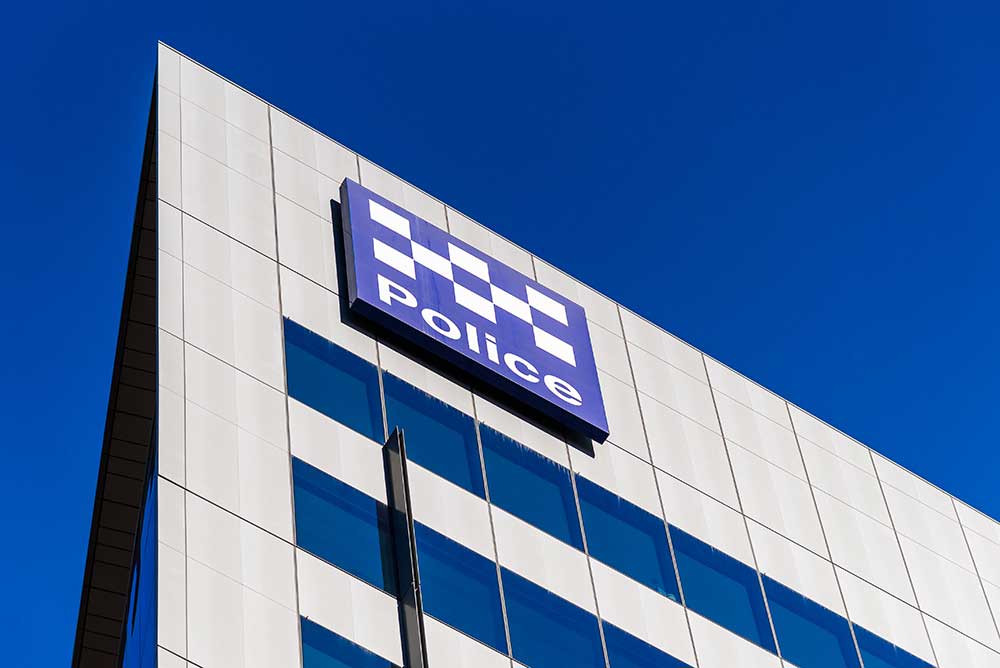NSW Fines and options: What is a fine or penalty notice?
A fine or penalty notice is usually issued when a person breaches certain road rules, laws and or regulations. It is a sum of money requested by a law enforcement agency for the breaches and it is to deter people from continuing with this behaviour in the future. These breaches include, parking fines, traffic fines such as speeding, minor criminal matters, transport (not paying for a train ticket) and council fines. Fine amounts vary depending on the type of offence committed. These fines are usually standalone but can be issued in conjunction with other penalties depending on the offence.
It is important to note that a fine can be issued in the form of penalty units. Under s17 of the Crimes (Sentencing and Procedure) Act 1999 (NSW), every penalty unit equates to $110.
How to know If you have received a fine?
- You will be issued a paper copy by law enforcement at the time of the offence.
- You will receive a copy of the fine via email or mail.
- You can check online by looking through the NSW Services App. This allows you to check if you have any fines, pay the fines and check available demerit points.
What do you do once you receive a fine:
- Pay the fine through the Revenue NSW website.
- Make enquiries about the fine, an overdue fine and or enforcement order.
- Pay the fine in full or in instalments – Revenue NSW allows people to pay off their fines if, they are having financial difficulties. They allow people who can pay it off in 3 months, who need more than 3 months to pay or are paying off other fines. To apply for an instalment, plan you must contact Revenue NSW or lodge a payment plan application online.
- Request that the fine be reviewed – if you believe there has been a mistake or some extenuating circumstances or reason for the offence taking place. The review must be lodged online within the payment date. If the fine is already paid, you can still request a review up to 60 days from the date the penalty notice was issued. Once reviewed Revenue will decide whether you are required to pay the fine in full, give a caution resulting in no payment of the fine however, the offence going on your driving record and or dismissing the fine completely if they agree that there has been some mistake, extenuating circumstances and or have a good driving record.
- Appeal to the courts – a fine or penalty notice can be elected to go to court and have them decide. People go to court to avoid licence suspensions, paying the fine and or demerit points. The court will review the evidence and if they find you not guilty the matter will be dismissed, and you will not have to pay the fine. However, if the court finds you guilty or you plead guilty, the court will sentence you appropriately. They do however, have the option of giving a s10 which ultimately means no conviction, and the fine is again dismissed.
- Nominate someone else as the driver and then the fine will be sent to them for payment.
- Pay the fine – this does not result in a criminal conviction, and you will have 21 days to pay the fine. If it is a demerit point offence, you will incur those points and as a result this could lead to a licence suspension depending on the number of points accrued on your licence.
If you have lost your fine or believe you may have received a fine but have not updated your address it is a good idea to contact Revenue NSW as soon as possible and update them with your new address. You can do this via their phone number 1300 138 118 or 1300 655 805 or through their online enquiry form.
It is your responsibility to ensure all your contact details are up to date. Once you provide Revenue NSW with all the correct information that they require they will provide you with the penalty notice number.
It would normally take approximately two (2) weeks to receive a fine and if you do not receive one during this time and believe you have been issued with a fine or penalty notice it is imperative that you contact Revenue NSW to confirm they have your correct details.
Not paying the fine
Part 3 of the Fines Act 1996 (NSW) outlines the steps that can be taken if a fine is not paid: Suspension and or cancellation of your driver licence; cancellation of your vehicle registration and you could be prevent from getting or renewing your licence, registering a vehicle or even transferring a vehicle.
Further Revenue NSW can impose the following court action: Property Seizure orders, garnishee orders and or a summons to attend court to explain your financial circumstance. You could also be issued with a Community Service Order (CSO) or face imprisonment in severe circumstances.
Conclusion
If you or someone you know has received a fine and is not quite sure which way to go, it is imperative that you speak to an experience Senior Traffic Lawyer, to discuss your circumstances and determine whether you have a defence. This will help maximise your chances at a better result including a s10 if you decide to elect to have the fine dealt with in court.
Our team at Repute Law is known for their knowledge and experience in these circumstances having a team comprised of Senior Defence Lawyers you know your fine will be dealt with promptly and diligently. Contact us today to avoid serious consequences.

